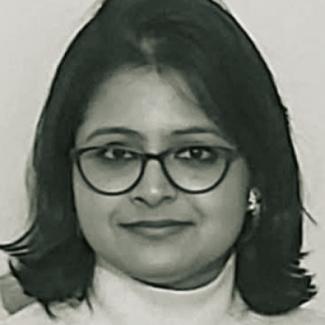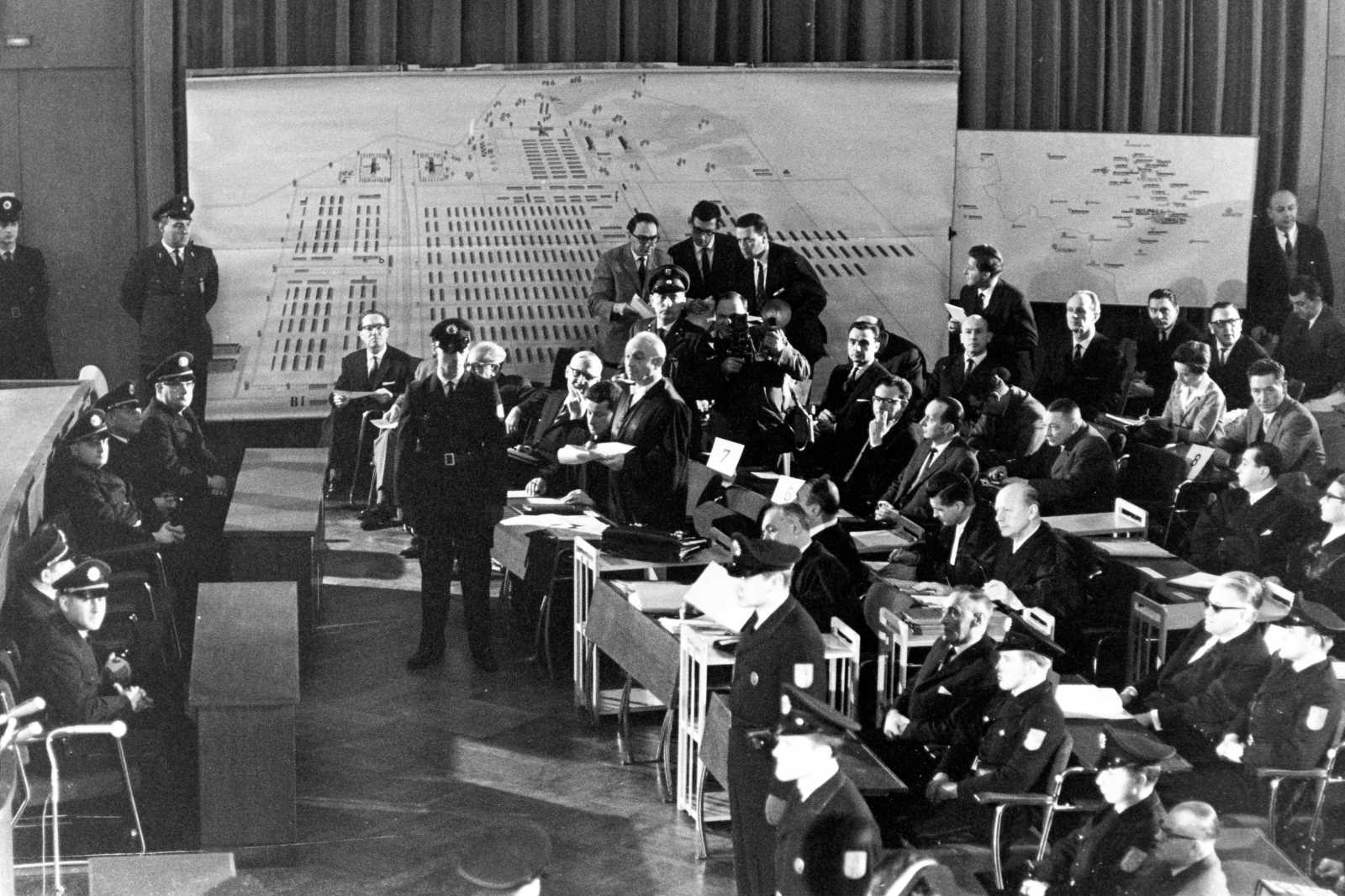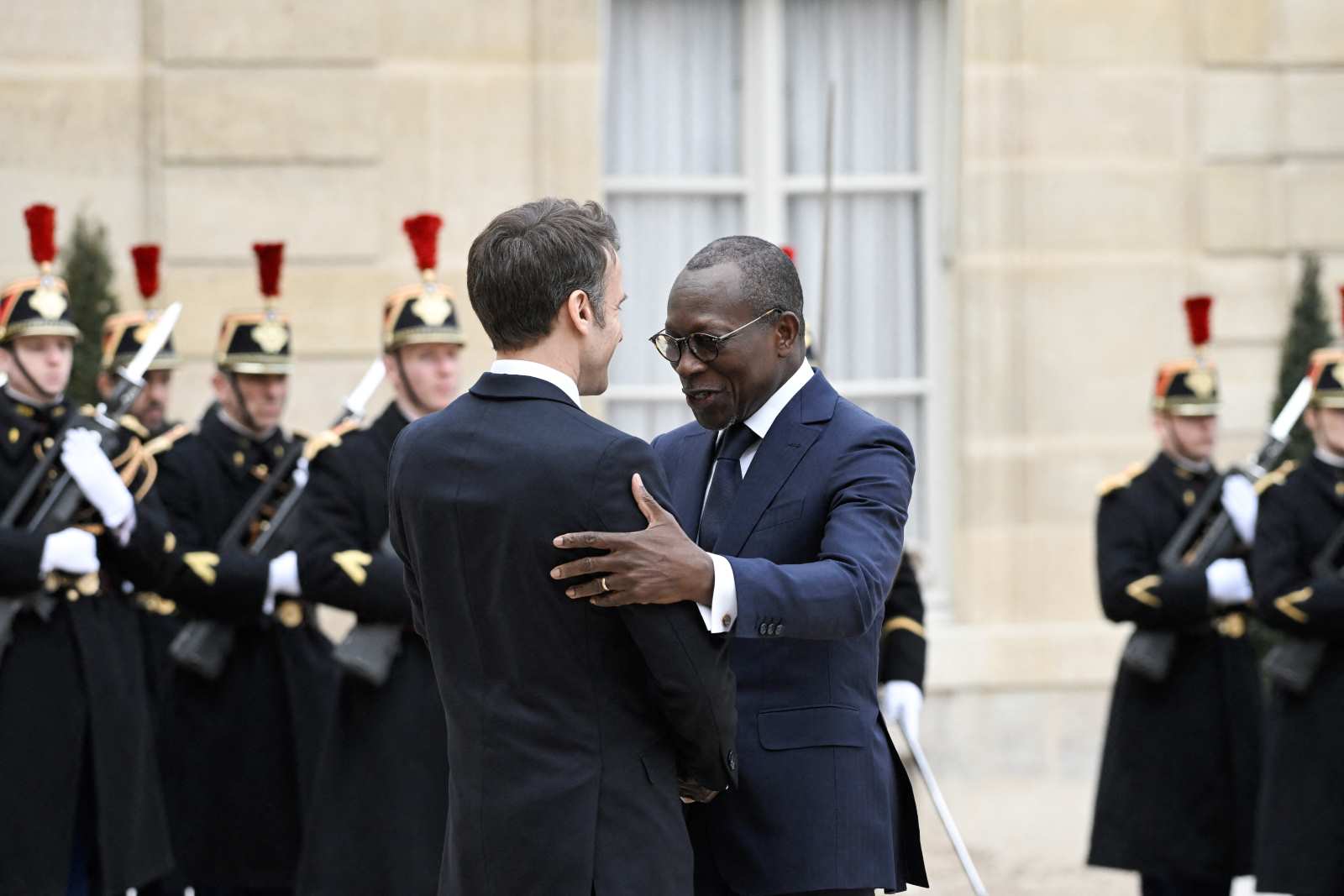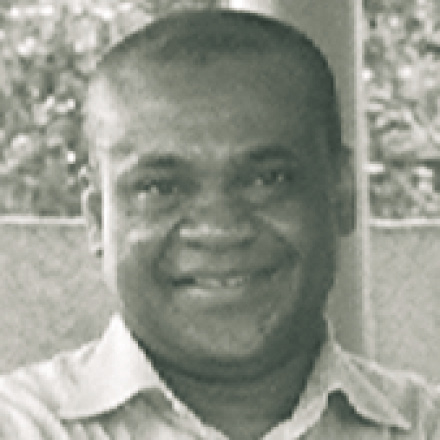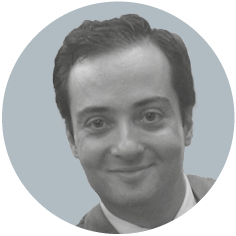Collective trauma
The man behind the Auschwitz trials
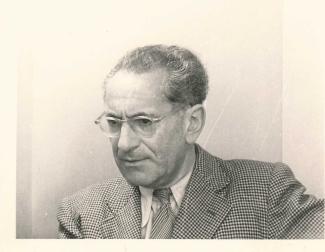
Fritz Bauer initiated the Auschwitz Trials in Frankfurt am Main, where German Nazi war criminals were brought to court under West German law. He died in 1968 in Frankfurt, however his popularity reached new heights much later in the 1990s when his contribution began to be recognised as an important milestone. In 1995, the Fritz Bauer Institute was established in Frankfurt in his memory to carry on research on the Holocaust and its aftermath.
Born in 1903, Bauer completed his degree in law from the University of Heidelberg. He was a politically conscious person of Jewish origin. Bauer was a member of the Social Democrat Party (SPD) and a judge at the district court in Stuttgart when he was arrested by the Nazis in 1933. He was imprisoned at the concentration camps Heuberg and Oberer Kuhberg before he was released.
Bauer emigrated to Denmark to escape the Nazi atrocities. He returned to Germany after the end of Nazi rule and held high positions in the judicial system of the Federal Republic of Germany. “It was important to him to contribute to making Germany a democracy,” says Katharina Rauschenberger, a senior researcher at Fritz Bauer Institute.
The main hearing in the first Frankfurt Auschwitz trial began on 20 December 1963. Fritz Bauer had campaigned for the investigations into Auschwitz to be brought together in Frankfurt. He initiated a large-scale trial that would allow the system of industrialised mass murder at Auschwitz to be unravelled. The Nazis murdered more than a million people there, mostly Jews. Auschwitz is located in what is now Poland.
Questioning the trial
Immediately, Bauer was faced with scepticism. People questioned the need of the trial, since the Nuremberg Trials conducted by the allies after the war had already dealt with crimes of high-ranking Nazi officials. “For many years, however, German justice did not feel responsible for the crimes committed in Eastern Europe,” says Katharina Rauschenberger. It was not until a trial in Ulm in 1958 (“Ulmer Einsatzgruppen-Prozess”) that it became clear that many former Nazi perpetrators were still at large in the Federal Republic of Germany, about whose involvement in crimes not much was known.
Many ordinary citizens considered the Auschwitz Trials an unnecessary effort to malign the image of their country. In their opinion, Germany had to move forward rather than look back at its past. Life was gradually becoming normal, or at least that was what people claimed. Some suspected that Fritz Bauer – a Jew – wanted to take revenge on the people of Germany. He began receiving hate mail and death threats.
Investigating the Nazi system
Bauer began to explain publicly the significance of the trials and to inform people about historical facts on Auschwitz. To him, the objective was to highlight the system of industrialised killings that the Nazis had established: How had it been able to function so efficiently? To what extent did ordinary people know about systematic mass killings being committed, and what could have been done to prevent them?
During the Nuremberg Trials, the allies – invoking international law – had classified Nazi atrocities as crimes against humanity. The chief perpetrators were found guilty because they were the ones who gave the commands. The rest were simply following orders.
The Frankfurt Auschwitz trials, however, applied West German criminal law to the Nazi war criminals. In the first trial, more than 200 people were investigated. At the beginning of the trial, 22 men were charged. In 1965, 17 of them were convicted. They received varied sentences. Television was not allowed to broadcast the trial, unlike in the Adolf Eichmann trial conducted by Israel.
Political influence
The Auschwitz trials, mainly the first Auschwitz trial from 1963 to 1965, had political influence in West Germany and abroad. East Germany (GDR – German Democratic Republic), for example, propagated that the trials in the west were simply for show and had no substantial objective. One argument was that the sentences handed down to the accused were quite lenient in comparison to the atrocities that they had committed. Another argument was the fact that known Nazi functionaries continued to hold high offices in the Federal Republic.
In East Germany, harsh sentences were handed down to Nazi criminals that often included death penalty. One of the largest GDR trials with regard to Auschwitz was that against SS doctor Horst Fischer, who was executed by guillotine in 1966. As a doctor in the Auschwitz-Birkenau concentration camp, he had participated in the murder of more than 70,000 prisoners.
As Katharina Rauschenberger of the Fritz Bauer Institute points out, Nazi trials were welcomed on neither side of post-war Germany, because they exposed the overall complicity of the German society in allowing Nazis to function. It was only decades later that Germans began to fully appreciate the significance of these trials in dealing with the country’s past – and of people like Fritz Bauer.
You can find more articles on the topic of collective trauma in our January 2023 Digital Monthly.
Suparna Banerjee is a Frankfurt-based political scientist. She would like to thank Katharina Rauschenberger of Fritz Bauer Institute for her comments on the text.
mail.suparnabanerjee@gmail.com
